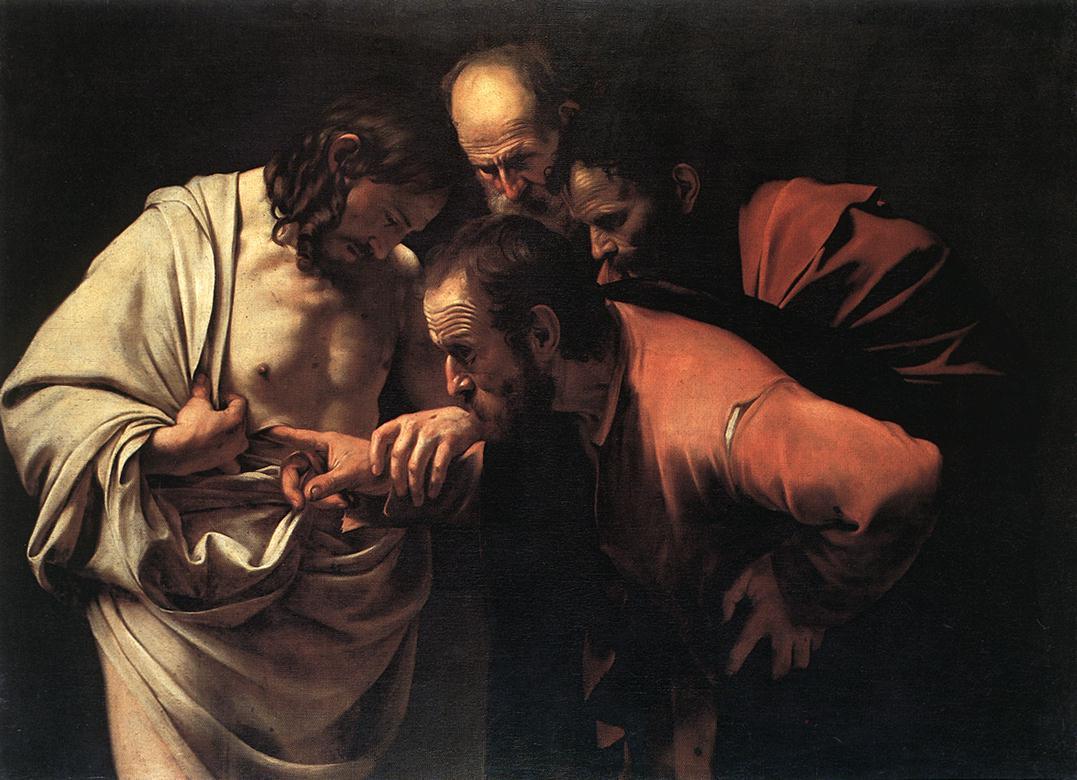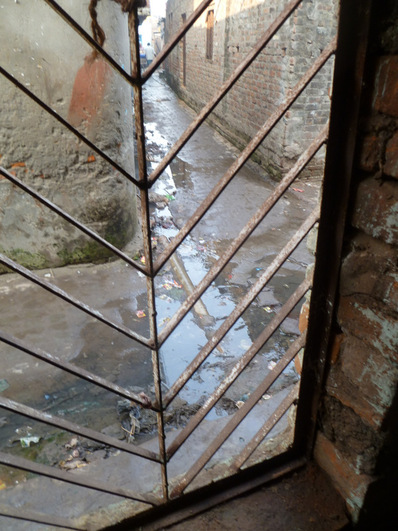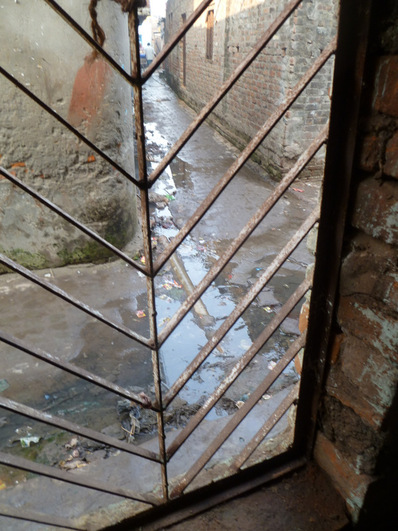I know that for many of you this will be a hard word, but please hear me out. I live in a violent neighborhood. People often get kicked, punched, beaten with pieces of metal, knocked unconscious, and even cut with knives during domestic disputes, fights between neighbors, and the self-harm that sometimes results. In the approximately two years that A. and I have lived here, we’ve seen a lot of that violence firsthand, but the death toll from this violence over that same period of time is zero. I would like to say that I can’t imagine how high it would be if people in our neighborhood had access to guns, but the truth is that I can imagine. I imagine that if guns were involved in these interpersonal conflicts, then our neighborhood would more likely resemble the violent slums of Guatemala, or the American inner city where we attended church during university, where gun violence claimed the lives of people in the neighborhood virtually every week. I remember that we once took up a collection at the end of the morning service to pay for the funeral of a young teenager whose grandmother couldn’t afford to bury his body. Another Sunday, we prayed with a man whose younger brother was in the ICU after being hit in a drive-by shooting targeting their apartment complex the night before.
That neighborhood was a lot like the one where we live now: it was a vibrant, complex community which included many wonderful people and networks of relationships, but it was also a place where poverty, addiction, psychological trauma, personal dysfunction, and broken relationships often led to violence. But because the violence in the inner city was usually perpetrated with efficient, lethal weapons that could be used from a distance, rather than with hands or dull peeling knives at close range, it was frequently fatal. Both of these neighborhoods are violent, but the difference between them in terms of loss of life is hard to overstate.
I believe in wholistic approaches to problems, and I have no illusions about a simple change in government policy bringing about wholeness in society. But neither do I have any illusions about the relationship between the prevalence of guns in the United States and the prevalence of gun-related deaths in the United States. Well-reputed scientific studies from Oxford and elsewhere have demonstrated that rather than making a family safer, the presence of a gun in the home increases the risk of violent death in that home. That increased risk has also been proven to exist regardless of what type of gun you own, how many you keep in your house, or how you store them. Americans often keep guns in their homes for the express purpose of making themselves safer, but these guns are statistically used far more often in homicides, suicides, or unintentional shootings than in self-defense. Research also shows that across the country, states with the lowest rates of gun ownership and the strongest gun control legislation have the lowest rates of gun-related deaths in the country while states with the highest rates of gun ownership and the loosest gun control laws have the highest rates of gun-related deaths.
All of this evidence points us to the question: are guns actually making us safer? The evidence also points us to an answer: No.
As a society we need to take a good, hard look at how we have integrated violence into our culture. We accept it as normal and necessary when it comes to “domestic security” in the form of warfare, torture, and executive kill lists, or when it comes to “justice” in terms of the death penalty. We celebrate violence as heroic when it’s sanctioned by the state and committed against people whom we fear and with whom we have nothing in common. But when the violence is turned inward on ourselves—and it is the nature of violence to eventually destroy those who use it is as well as those against whom it is used—we mourn, we are shocked, and our reactionary fear leads us to fortify our defenses against further violence… with more violence.
As a human being, I understand the way that fear triggers irrational, self-protective instincts. But as a Christian, it saddens me that we as a society would rather take our chances in the mode of kill-or-be-killed instead of venturing down the path of enemy love that Jesus blazed for us. We could argue for a long time about which specific legislation or action plans or public policies are needed to make our country safer, and those conversations certainly have their place. But that is not the conversation that I want to have here. I am more interested in the heart of the issue, and the heart issue, as I see it, is our religious faith in violence.
Jesus says, “Do not fear those who kill the body…”
…but we trust more in our capacity for violence than we do in God for our protection.
Jesus says, “Seek first the Kingdom…”
…but we seek first our own physical safety, and the safety of our material possessions.
Jesus says, “Love your enemies and pray for those who persecute you…”
…but we wait for intruders with deadly weapons under our pillows.
Jesus says, “All who draw the sword will die by the sword…”
…but we are more willing to take that risk than the risk of following our Teacher.
I’m not questioning anyone’s legal right to own a gun. That right is most certainly laid out in the law. What I’m asking is, why is this right to own weapons so important to us? We have the legal right to bear arms, yes, but I believe we also have the freedom to choose to live beyond the condition of violence that results from putting so much trust in arms in the first place. How do we actually want to live?
And ultimately, in whom or what do we put our trust?
Source: New feed


